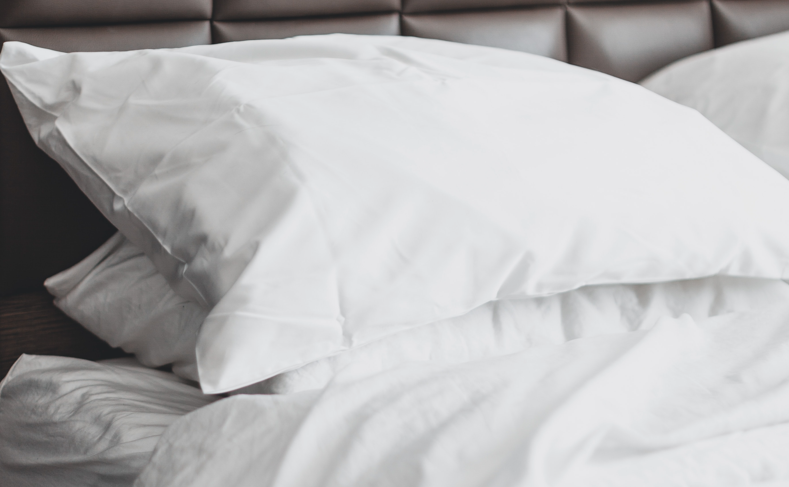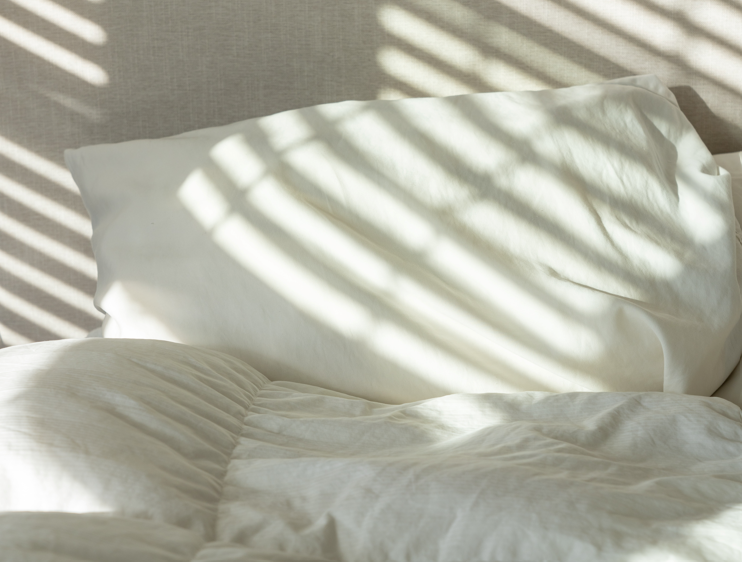How to restore your sleep if the pandemic is wearing on you
If you’ve noticed that your sleep has been disrupted since the beginning of the pandemic, you’re not alone. A statement from the group behind the public health campaign Sleep On It says it’s not uncommon to develop insomnia when faced with high-stress situations.
“It is normal that the health crisis linked to COVID-19 can lead to stress and anxiety and upset our sleep,” the Canadian Sleep and Circadian Network, the Canadian Sleep Society, Fondation Sommeil, and Wake-up Narcolepsy Canada said in a joint statement.
The Sleep On It awareness campaign has released a series of recommendations for those experiencing trouble sleeping, which include:
- Making sure you’re getting seven to eight hours of sleep each night
- Going to bed and waking at the same time each day
- Establishing a one-hour routine before bed (such as reading) to get you relaxed
- Not using your phone late in the evening, or even banishing your cellphone from the bedroom
- Turning off all screens at least one hour before sleeping to limit your exposure to their blue light, which has a stimulating effect. (“Blue light can delay the secretion of melatonin, your ally for falling asleep,” the statement said.)
- Making sure you’re getting enough sunlight during the day
- Not eating fatty foods or drinking coffee before bed or drinking too frequently
- Exercising regularly
“A good night’s sleep is without a doubt an important tool to help us better manage our emotions, make good decisions, and strengthen our psychological outlook,” explained Julie Carrier, a psychology professor at the University of Montreal who contributed to the campaign.
To help reduce stress levels, the campaign recommends putting a limit on how much news you consume. Watching anxiety-stimulating coronavirus news, especially in the evening, is not a good idea, the campaign warns.
Keeping busy with activities such as housekeeping, home-repair jobs, or cooking, or learning a new skill can also be a productive way to ward off stressful thoughts. Staying in touch with friends and family over the phone or by video chat can also boost your morale, even if it’s not an ideal replacement for meeting in person. The more fulfilling habits fill your day, the more likely you are to have a restful sleep.
To read the full list of recommendations, visit: sleeponitcanada.ca/how-to-finetune-your-sleep-habits-during-this-covid-19-crisis.
Photo: iStock/humonia.






